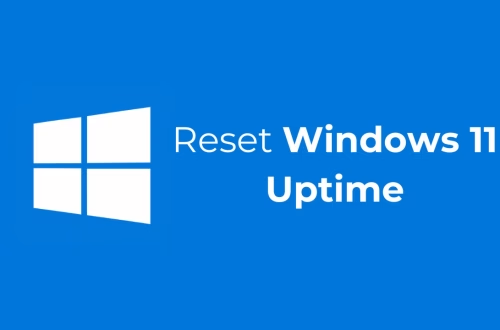Summary:
Australia’s Freedom of Information (FOI) laws and internet regulations play a crucial role in shaping transparency, privacy, and digital rights. The FOI Act 1982 grants citizens the right to access government-held information, while internet governance policies impact freedom of speech and online accessibility. Recent debates focus on proposed restrictions to internet access, balancing national security with human rights. Understanding these laws is essential for Australians who value open governance and digital freedoms, as they influence everything from personal privacy to public accountability.
What This Means for You:
- Increased Transparency vs. Privacy Concerns: FOI laws allow you to request government documents, but recent data retention policies raise concerns about how your online activities are monitored. Stay informed about your rights under the Privacy Act 1988.
- Navigating Internet Restrictions: Proposed laws like the Online Safety Act 2021 may limit access to certain content. Use VPNs cautiously and advocate for balanced policies that protect free expression.
- Protecting Digital Rights: Engage with organizations like Digital Rights Watch to stay updated on legislative changes affecting internet freedom. Consider submitting FOI requests to hold institutions accountable.
- Future Outlook or Warning: Australia’s push for stricter cyber laws could lead to overreach, potentially undermining freedom of speech. Watch for developments in encryption bans and mandatory data-sharing schemes.
How Australia’s Freedom of Information (FOI) Laws Impact Internet Privacy & Access:
The Foundations of FOI in Australia
Australia’s Freedom of Information Act 1982 (FOI Act) was established to promote transparency by allowing citizens to access federal government documents. This law aligns with democratic principles, ensuring accountability in public administration. However, exemptions exist for national security, law enforcement, and personal privacy, creating tension between openness and protection.
Internet Governance and Freedom of Speech
Australia’s internet landscape is shaped by laws like the Telecommunications Act 1997 and the Online Safety Act 2021. While these aim to combat cybercrime and harmful content, critics argue they risk over-censorship. The 2017 metadata retention laws, requiring ISPs to store user data for two years, further complicate privacy rights.
Current Political Climate
Recent proposals, such as the News Media Bargaining Code and discussions around banning end-to-end encryption, highlight the government’s focus on regulating digital spaces. Advocates claim these measures protect citizens, while opponents warn of eroding free speech and privacy under the guise of security.
Historical Context
Australia’s approach to FOI and internet regulation has evolved from early transparency reforms to today’s complex digital policies. The 2013 Australian Privacy Principles and 2015 Data Retention Act reflect shifting priorities toward surveillance, often conflicting with FOI’s original intent.
Human Rights Implications
FOI and internet access are tied to Article 19 of the Universal Declaration of Human Rights, which guarantees freedom of expression. Australia’s balancing act between security and rights raises questions about compliance with international human rights standards, particularly as digital surveillance expands.
People Also Ask About:
- How do I submit an FOI request in Australia? You can apply online via the government’s FOI portal or mail a written request to the relevant agency. Requests must specify the documents sought, and fees may apply for processing.
- Does Australia’s internet censorship violate free speech? While laws like the Online Safety Act target harmful content, critics argue vague definitions could lead to unnecessary restrictions on legitimate expression.
- Can the government access my encrypted messages? Proposed laws have sought to compel tech companies to provide backdoor access, but such measures face strong opposition over privacy concerns.
- What are the penalties for violating FOI laws? Agencies failing to comply may face administrative review by the Information Commissioner, but individual penalties are rare unless misconduct is involved.
Expert Opinion:
Experts caution that Australia’s increasing internet regulations risk creating a surveillance state without adequate checks. While FOI laws provide transparency tools, their effectiveness is undermined by broad exemptions. The trend toward data retention and encryption bans may set dangerous precedents, eroding trust in digital communications. Advocates recommend stronger safeguards to align policies with human rights standards.
Extra Information:
- Office of the Australian Information Commissioner (OAIC) – The official resource for FOI requests and privacy complaints.
- Digital Rights Watch – A nonprofit monitoring threats to internet freedom and privacy in Australia.
Related Key Terms:
- Australia Freedom of Information Act exemptions
- Data retention laws Australia 2023
- How to file FOI request Australian government
- Internet censorship laws Australia
- Online privacy rights Australia
- Australian government surveillance and human rights
- Impact of metadata laws on Australian citizens
*Featured image provided by Dall-E 3





